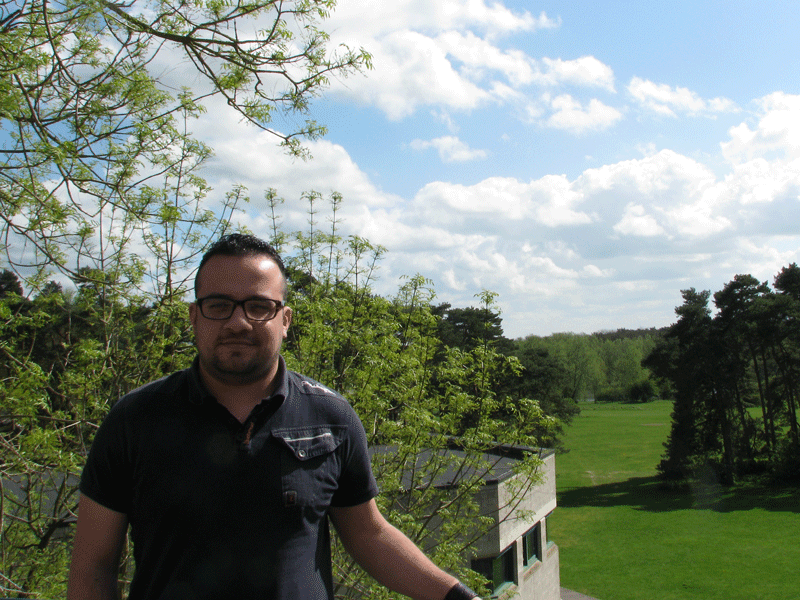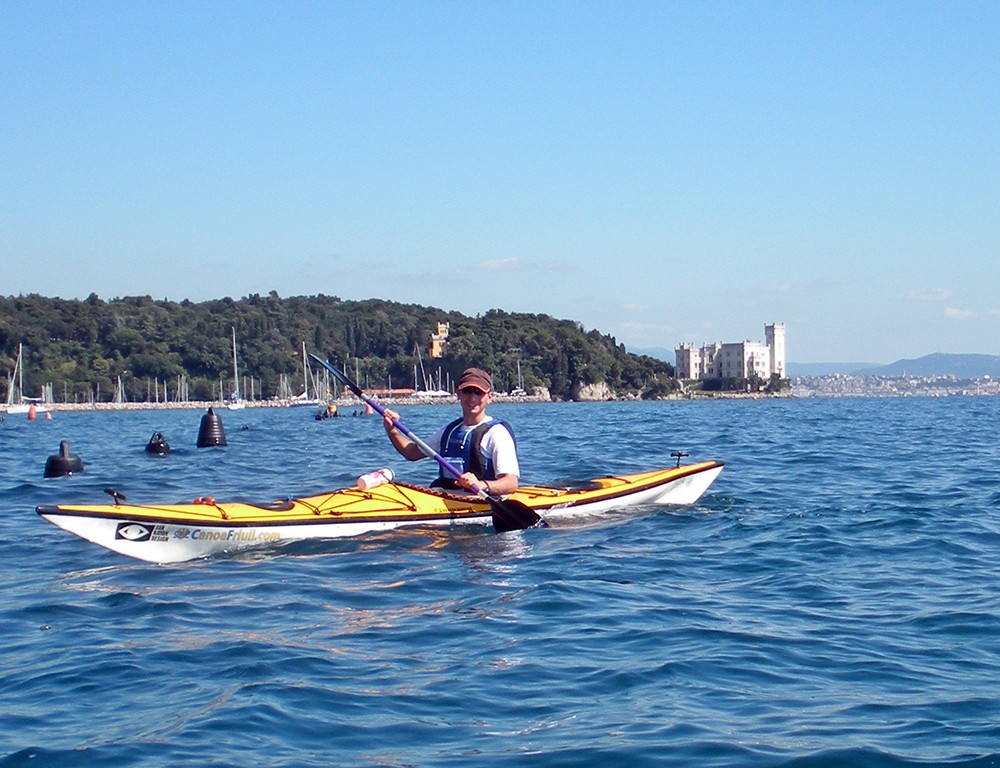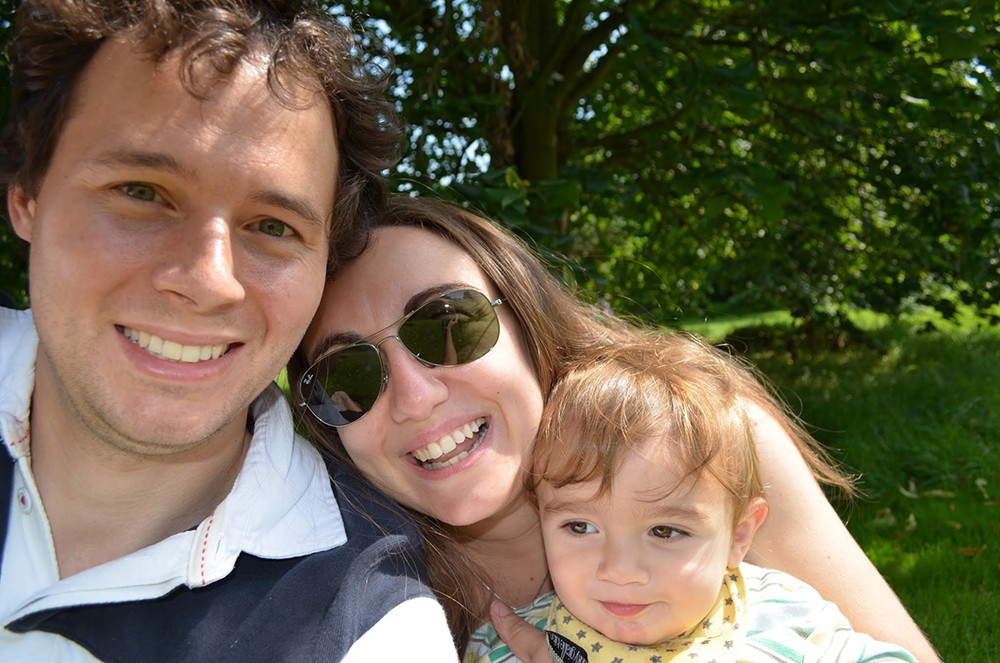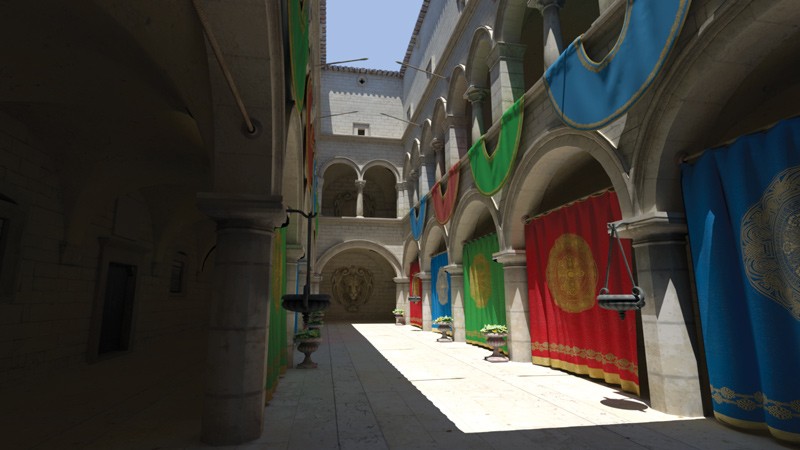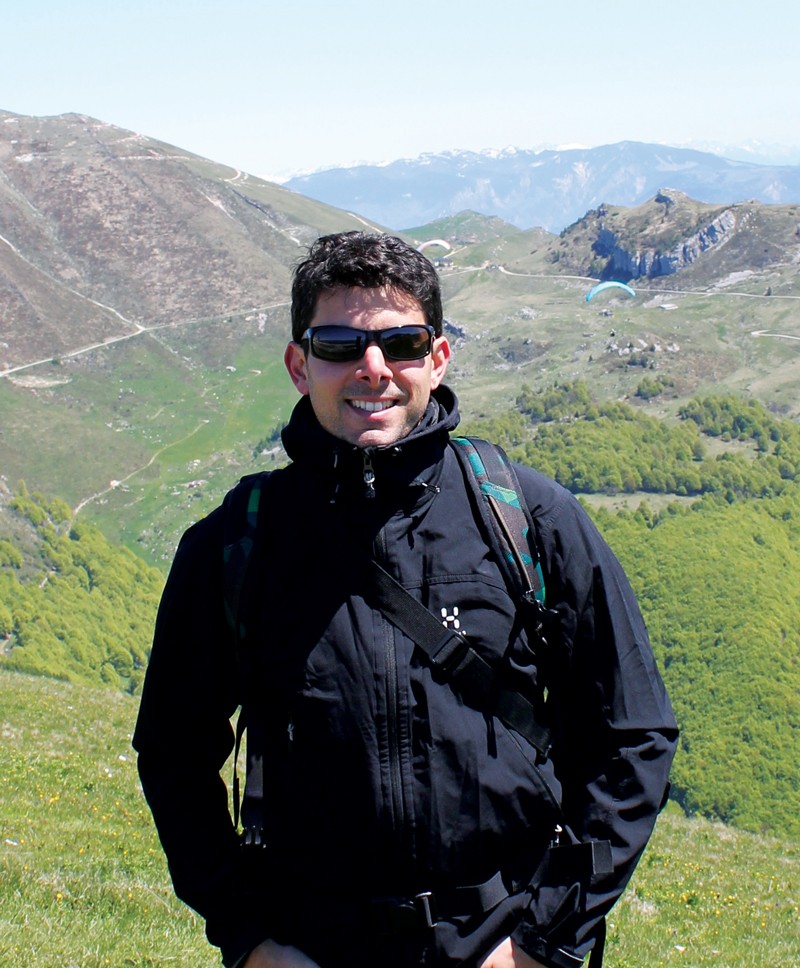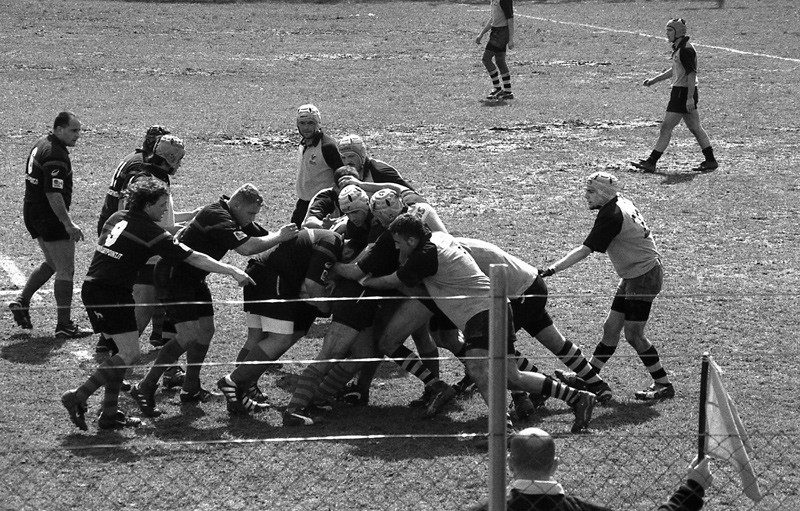Trieste: city of science, karst land and sea
Anthony Galea shares his passion for the sea
Growing up on the small island of Gozo, it was inevitable that the sea would exert a powerful influence on me. As a child I never tired of the sea, swimming, cooling off and floating on it in little boats. As I grew older, I came to see the sea as more than just a pretty playground. ‘Where do waves come from?’ ‘What generates sea currents?’ ‘How can I surf a wave?’ Were some questions that aroused my curiosity and motivated me to study the oceans, and eventually to choose to study physical oceanography and fluid dynamics.
Before commencing this journey, I read a B.Sc. (Hons) in Mathematics and Physics (University of Malta), graduating in 2008. Afterwards, I read an M.Sc. in Physical Oceanography, pursuing this qualification while working at the International Ocean Institute — Malta Operational Centre (IOI-MOC, University of Malta). One of the most interesting aspects of my research was studying storm surges around the Maltese Islands. The aim was to develop components to forecast variations in sea level around Malta.
In 2011, I was offered a scholarship at the School of Environmental and Industrial Fluid Mechanics (University of Trieste) in Italy. My Ph.D. research focused on the numerical modelling (Large Eddy Simulation) of coastal areas, in particular, the Barcelona harbour in Spain and the Bay of Taranto in Italy. My objective was to simulate the turbulent water mixing in the ports in order to understand the sea currents and circulation within the bays and thereby to quantify the water renewal within the basins.
Trieste, characterised by the bracing air of the famous Bora wind and by its splendid views of the Adriatic Sea, hosts many world renowned institutions and international organisations. Living in such a ‘city of science’ has allowed me to meet many celebrated scientists at seminars, workshops, and scientific conferences.
Through video conferencing I deliver a weekly physics study unit in Fluid Mechanics at the University of Malta. I am pleased that the beautiful blue Mediterranean waters are still motivating other Maltese students.
My interest in the sea has brought me a long way, not only academically but by experiencing new cultures and indulging my love of cycling along the karst (garigue) coastline.
But I remain at heart that same boy with a love of the sea. I look forward to climbing aboard my trusty kayak, revelling in the ebb and thrust of the rolling waves to continue exploring the rugged coastline of my beloved Gozo.
NMR, Kidneys and a Family
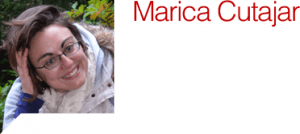
I chose to study Chemistry and Physics simply because they were the subjects I enjoyed most, so I enrolled on a B.Sc. (Hons) degree at the University of Malta without having a clear idea about what I would be doing once the four years are over. I was not the best brain in the class but in 2004 I graduated with a 2:1 grade and it was quite obvious that I needed a plan. A couple of opportunities to embark on a Ph.D. in Britain came along through local contacts and applications on jobs websites. Despite not knowing much about the subject, I decided to go with the Ph.D. at Exeter University because it was about Nuclear Magnetic Resonance, a subject that sits right on the verge of Chemistry and Physics.
Obviously the idea of moving abroad, living away from my parents and starting this amazing new adventure was incredibly exciting. From the start of my Ph.D. things went incredibly well, it was immediately obvious that I was much better at doing research than studying for exams. I started with looking into dynamics in solid materials on the microsecond timescale, which is the less studied type of motion. It bridges the gap between very fast (spin-lattice relaxation motions, nanosecond) and slow (millisecond to second) timescales. I published my first scientific paper a year into my Ph.D., and five more followed by the time I defended my thesis.
Because of the contacts I built during my Ph.D. as soon as I finished I was offered a post at University College London, Institute of Child Health, working as a research fellow in renal imaging. I carry out research at Great Ormond Street Children’s Hospital using novel non-invasive Magnetic Resonance Imaging (MRI) techniques. I work mainly with children requiring a kidney transplant. The aim of my work is to eventually be able to furnish doctors with information about their patients, which is currently either unavailable to them or they can only get through invasive clinical techniques such as biopsies. My work here has produced six peer-reviewed papers and I am currently working on a few more.
The research I carried out during my Ph.D. involved dealing with basic scientific concepts like Quantum Mechanics — that studies sub-atomic phenomena — and I was at liberty to experiment as I saw fit, which I enjoyed. However, despite being much more restrictive, I find clinical research extremely rewarding. Coming face to face with the people benefiting from all your hard work is really priceless.
Just after my Ph.D. I married my husband. We are now very proud parents of a two-year-old son. Any working mum would tell you that raising a family while maintaining a career is not easy, but I believe that if you like your job enough, combing the two is very worthwhile. Obviously research does not wait for anyone, and luckily for me, having colleagues that supported me meant that I was able to carry on publishing while I was on maternity leave.
The Bright Side of Life
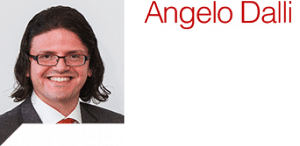
My passion in life is succeeding at building competitive and highly competent teams of people who are driven by a common vision towards success, in other words, setting up successful companies. I am a serial entrepreneur with an almost fanatic obsession for using IT and sound business sense to create disruptive solutions in various industries, including the transportation, entertainment, gaming and big data analysis fields.
My interest in IT started when developing small applications as a teenager in secondary school, selling my first program within a few months for a very tiny amount of money. I spent it the following weekend. Soon after, I took Computer Science seriously and ended up representing Malta in various international events. In 1995, when I was 16 years old, I won Malta’s first-ever bronze medal at the International Olympiad in Informatics (IOI). Five years later, I graduated from the University of Malta with a Bachelor’s degree in IT and a Master’s degree in Computational Linguistics. Then, I moved to the UK, where I read for a Doctorate in Computer Science and Search Engine Technology from the University of Sheffield while working for various European Union research projects.
In the UK, I set up one of my first companies. A few years later it became Traffiko, an Intelligent Transport Systems solutions company with offices in the UK, Malta, and Australia. I also wrote proposals that were funded by the UK Joint Research Council and the UK Ministry of Defence Science and Technology Lab (DSTL). Additionally, I published and presented over 23 peer-reviewed papers and journal articles. Around 2005, I built a cluster of servers that copied all text on the Internet to test search engine technology.
In the past decade, I have been focusing on setting up successful IT companies in multiple countries, dealing with the challenges of managing operations in different time-zones and people with different cultures and training. My current businesses all largely employ Maltese IT professionals. They include gaming platforms, cloud-based data-mining and next generation people-sourcing platforms.
The importance of having a diverse skill set and an open mind is also something that leads to career excellence and personal satisfaction. I believe that Malta offers a good base of IT professionals who can achieve brilliant results within the right framework.
I am currently a member of the European Business Angel Network (EBAN). The network helps provide access to early stage finance to entrepreneurs with great ideas that need seed funding, mentoring and guidance.
A good foundation in technology, engineering, and science subjects gives the right analytical and logical analysis skills. They are useful in development and solving issues encountered by IT and technology entrepreneurs — from formulating a business plan to turning a start-up company into an IPO (a company that can be launched on the stock market) in a planned manner.
IT skills should always be coupled with a sense of appreciation for business needs. Entrepreneurs need a healthy dose of optimism and inquisitive curiosity tempered by a logical, practical approach. This philosophy has always been my vital skill set for success.

